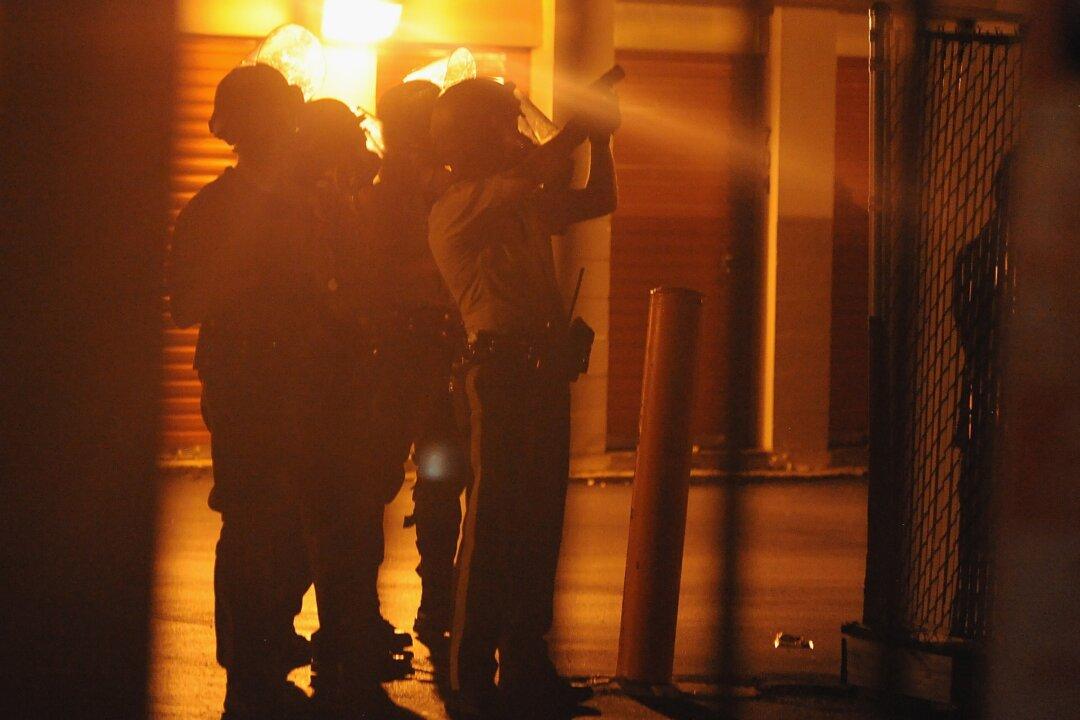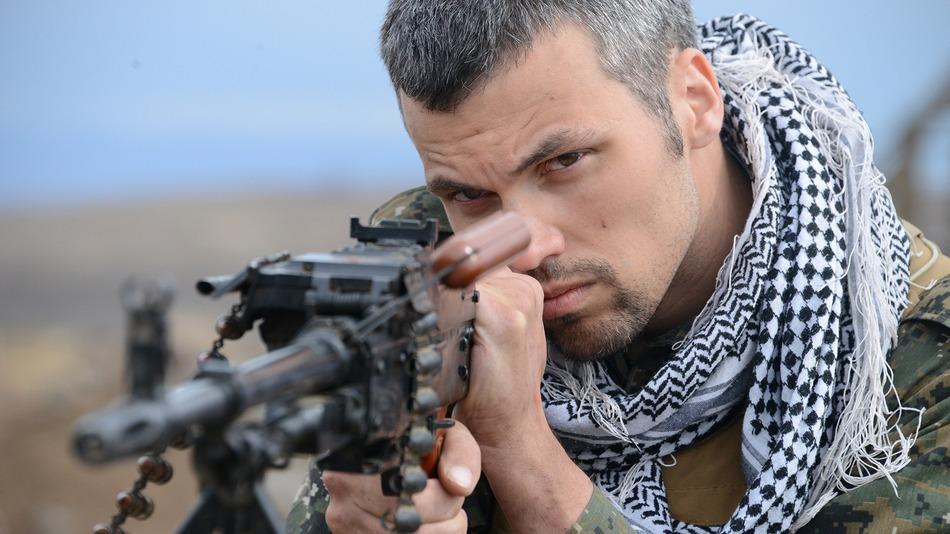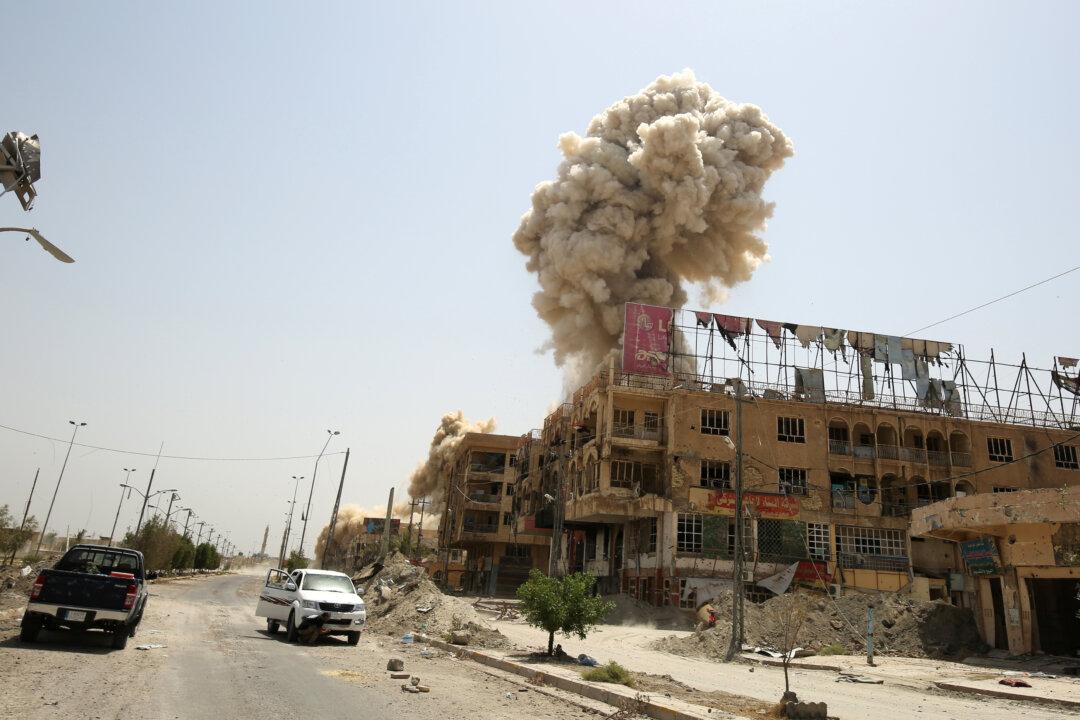Ongoing protests in Ferguson, Mo., have been bad for business, but apparently good for democracy. County elections board records show a surge in voter registration. Businesses have suffered delayed plans, financial losses, and a crippling image problem.
Almost two months after the controversial shooting death of 18-year-old Michael Brown by a Ferguson police officer, the number of people registered to vote in the St. Louis suburb has sharply increased. In the weeks since Brown’s shooting, 4,839 people in St. Louis County registered to vote, according to the office of the director of elections for St. Louis County. Of those, 3,287 live in Ferguson.
The total population of Ferguson is about 21,000 and St. Louis County’s is just over 1 million.
The NAACP and other grassroots organizations have been working to register voters in the area as crowds have gathered for protests since Brown’s shooting. Though a direct correlation is not definitive, the relative size of the voter increase is significant.
Big Growth
The county added 15,456 registered voters from the 2010 to the 2012 elections. The most recent increase is a full 31 percent of that, according to the Missouri Secretary of State’s historical statistics.
The new voter registrations come at a time when voting restrictions are being placed on almost every state bordering Missouri, according to the Brennan Center. In Iowa to the north, it’s more difficult for people with past criminal convictions to restore their voting rights. In Arkansas to the south, a photo ID is now required to vote. In Kansas to the west, a photo ID is also needed to vote, as well as documentary proof of citizenship for people who register using the state registration form.
Despite the good news in St. Louis County for democracy, just before the November 2014 midterm elections, there has been bad news on the business front.
Image Crisis
A local economic development group has blamed the tragic August shooting in Ferguson and subsequent protests for creating an “image crisis of global proportions.” Several business entities chose to delay planned expansions as protests in the streets, sometimes violent, continued for weeks. In a letter to the St. Louis County Council, the St. Louis Economic Development Partnership wrote that events in the area led several businesses to “put large business expansions on hold.”
The group works to support business growth and employment in the region in both St. Louis County and city. The letter mentioned that they expect to end up paying about $24,000 in public relations consultation fees for work done in response to the shooting.




